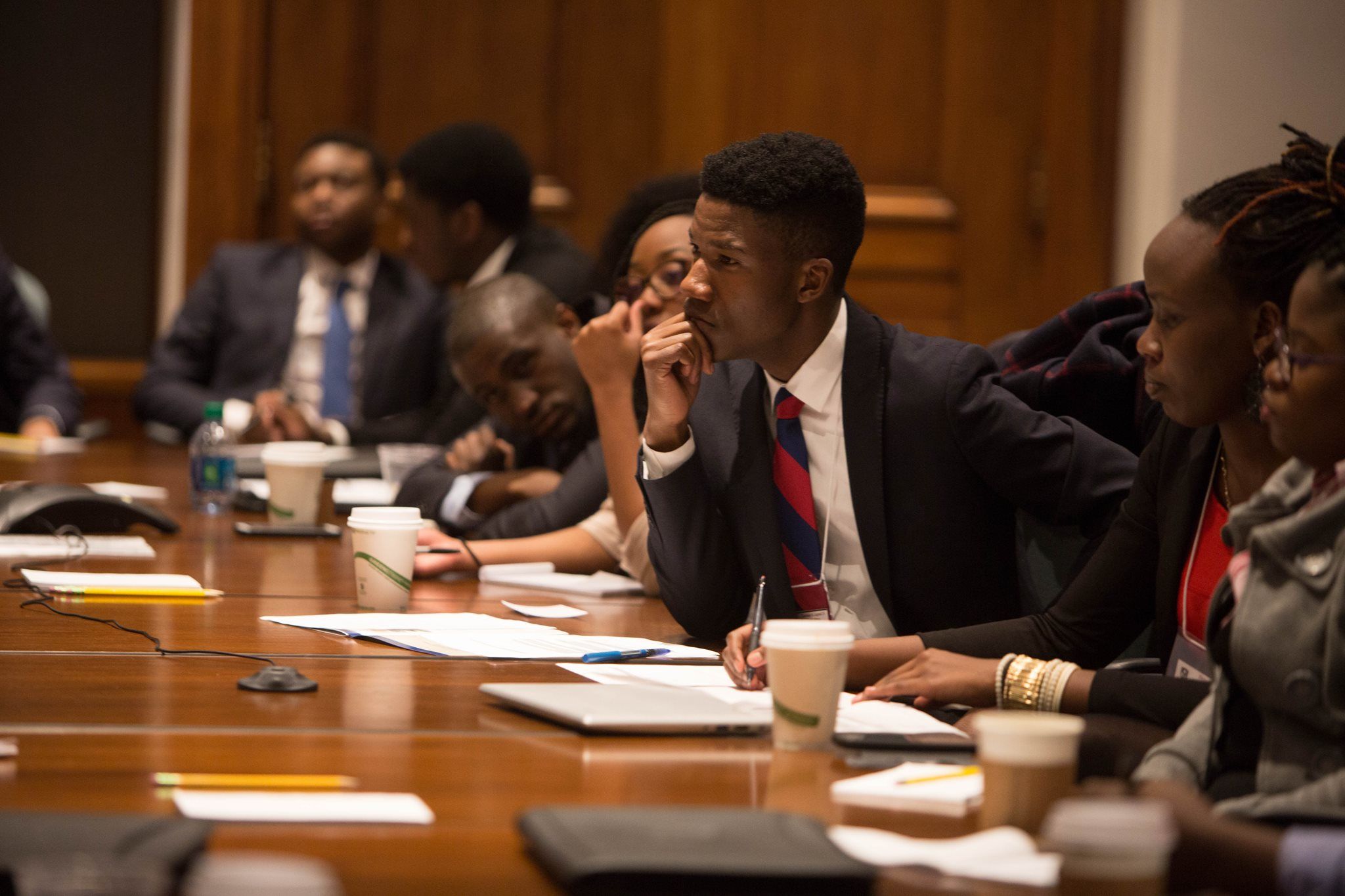
The Future of African Politics
Facing the Lack of Youth Representation in African Parliaments
As the United States presidential election comes to an end, my peers in America are about to influence one of the most consequential elections in their lifetime. From my perch as a communications intern for the former U.S. Secretary of State Hillary Clinton’s presidential campaign, my experience has made me realize the importance of holding public servants accountable for their policy proposals. I have been thinking about how young people in Africa can take on roles that will make a meaningful impact within their respective countries’ political systems. It also made me realize the power young people have to influence public policy.
To begin with, I acknowledge that African politics are not homogeneous. Young people in different regions of the continent are faced with a complexity of the challenges in politics whose nuances I cannot fully comprehend. However, what has been empirically proven to be true is the strong correlation between political instability and unemployed youth – in Africa, 60 percent of Africa’s 600 million young people under the age of 25 live below the poverty line.
Growing unemployment among African youth therefore poses a great risk to Africa’s political stability. Although young people in Africa have organized successful activist movements, as witnessed in the Arab Spring of 2010 and the most recent South Africa’s #FeesMustFall movement, they remain left out of government. There is a need to rise above the rhetoric that condemns the inexperience of youth in politics and allow young people to take active roles in government.
Let us begin by analyzing what the current data suggests. Only less than 2 percent of parliamentarians in the world are in their 20s, while less than 12 percent are in their 30s, despite the fact that the eligibility age for entering national parliament in one third of countries in the world begins at 25 years of age. Africa in particular has the lowest youth representation in politics in despite having a median age of 19 years according to the United Nations. This data not only indicates an overwhelming underrepresentation of young people in national parliaments, it also paints a grimmer picture of the effectiveness of some of the most historically important activist movements led by young people.
The Institute of Politics at the Harvard Kennedy School found that 47 percent of young people today do not believe that politics can meet the scope of our present day challenges. What does it mean for us, Africa’s youth, to believe that the political process does not represent us, and thus cannot possibly make sound decisions that affect us?
As young people, we need to organize ourselves and become active in political governance. Although youth entrepreneurship remains important, it must be accompanied by a set of young people committed to influencing a positive policy environment on issues ranging from the economy, immigration, education, health care and national security.
At the age of 24, Nelson Mandela committed himself to social justice and fighting for political freedom. He would later declare, “It always seems impossible until it’s done.” For Kofi Annan, he realized his passion for human development at the age of 19 and reminded us, “We need to keep hope alive and strive to do better.” The future of African politics depends on electing the most talented, ethical and committed public servants. Let us not discount the incredible passion African youth have for change, and let us engage in our political future.
Goodman Lepota is from Johannesburg, South Africa. He is a MasterCard Foundation Scholar at the African Leadership Academy (ALA). He is currently a junior at Marist College, where he is majoring in business administration and minoring in political science. In 2016, Goodman was selected to become a communications intern for Hillary Clinton‘s presidential campaign headquartered in Brooklyn, New York.


